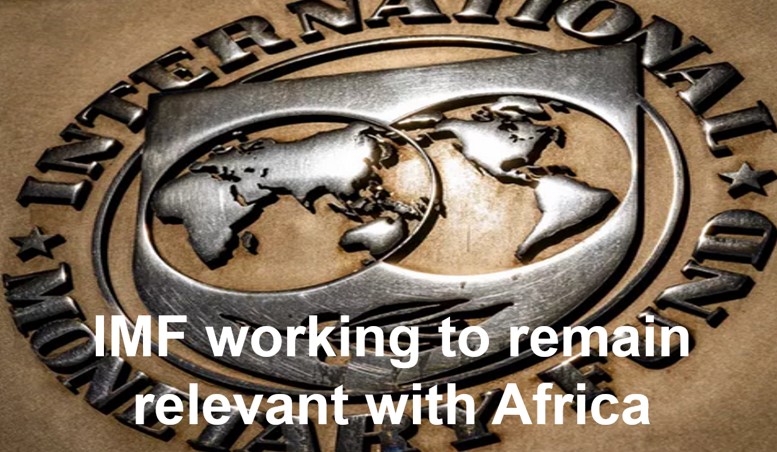IMF wrong on equating ‘gender’ with ‘women’ in its strategy paper
Post By Diaspoint | May 1, 2023

What you need to know:
- The International Monetary Fund launched its gender mainstreaming strategy in July last year.
- The strategy outlines a phased implementation plan over a three-year period.
- Sadly, it talks of the disproportionate impact of the Covid-19 crisis on women, and one begins to think men were immune to the disease.
The term “gender mainstreaming” was popularised by the 1995 United Nations global conference on women. Thereafter, international organisations clamoured to develop gender policies and strategies. One would think the International Monetary Fund (IMF) would be among the trendsetters. But no. The IMF only launched its gender mainstreaming strategy in July last year.
Be that as it may, the strategy is inspired by “recognition that reducing gender disparities goes hand in hand with higher economic growth, greater economic stability and resilience, and lower income inequality”. It outlines “how the IMF can help its member countries address gender disparities in the context of carrying out its core functions—surveillance, lending and capacity development”.
The strategy is based on four pillars, namely creating a centralised data hub and deepening analytical and policy tools, setting up a robust governance framework and internal organisational structure, strengthening collaboration and establishing modalities of engagement with other international institutions, and establishing a central unit to realise economies of scale and avoid duplication of efforts across departments.
Emphasis is placed on fidelity to IMF’s mandate, which is qualified as “integrating gender issues that are relevant for macroeconomic outcomes in exchange rate, monetary, fiscal, financial and structural policy discussions with member countries”.
Gender mainstreaming
Commendably, the strategy realises that country contexts differ hence, advises against “overly standardised recommendations”. It also acknowledges two potential risks and challenges to gender mainstreaming. One is “whether the fund will develop sufficient capacity, expertise, data, information and tools to engage meaningfully with the membership and provide granular and tailored advice”.
Read More from original source
